Is streaming the future of video games? And can it even work?
Video game companies are racing to be the 'Netflix of video games'... but is that even possible, and will it catch on?

You might have seen the news that Microsoft has unveiled xCloud, a streaming service that will let you play Xbox One games on smartphones, tablets and basically anything that can connect to the internet. This comes after EA announced in June that they would launch a game streaming service as part of their clunkily titled EA Origin Access Premier offering. And Sony already offer a streaming service for PS2, PS3 and a limited number of PS4 games in the form of PlayStation Now. Even Nintendo, dear old online-phobic Nintendo, has a couple of streaming-only games on the Switch courtesy of streaming version of Resident Evil 7 and Ubisoft’s Assassin’s Creed Odyssey - although these are currently only available in Japan. In short, streaming is so hip right now. But is it any good? Will it take off? And what impact will it have on the games industry?
Hold on, hasn’t streaming been done already?
OK, first things first, video game streaming is not a new phenomenon. OnLive launched a service in 2010 that allowed users to stream high-end games via a dedicated micro-console or app. But the service often suffered from lag and low resolution, and it was a commercial flop - just two years later, OnLive laid off its entire staff. Sony eventually bought the company in 2015 and rolled its technology into PlayStation Now, which had launched a year earlier in 2014.
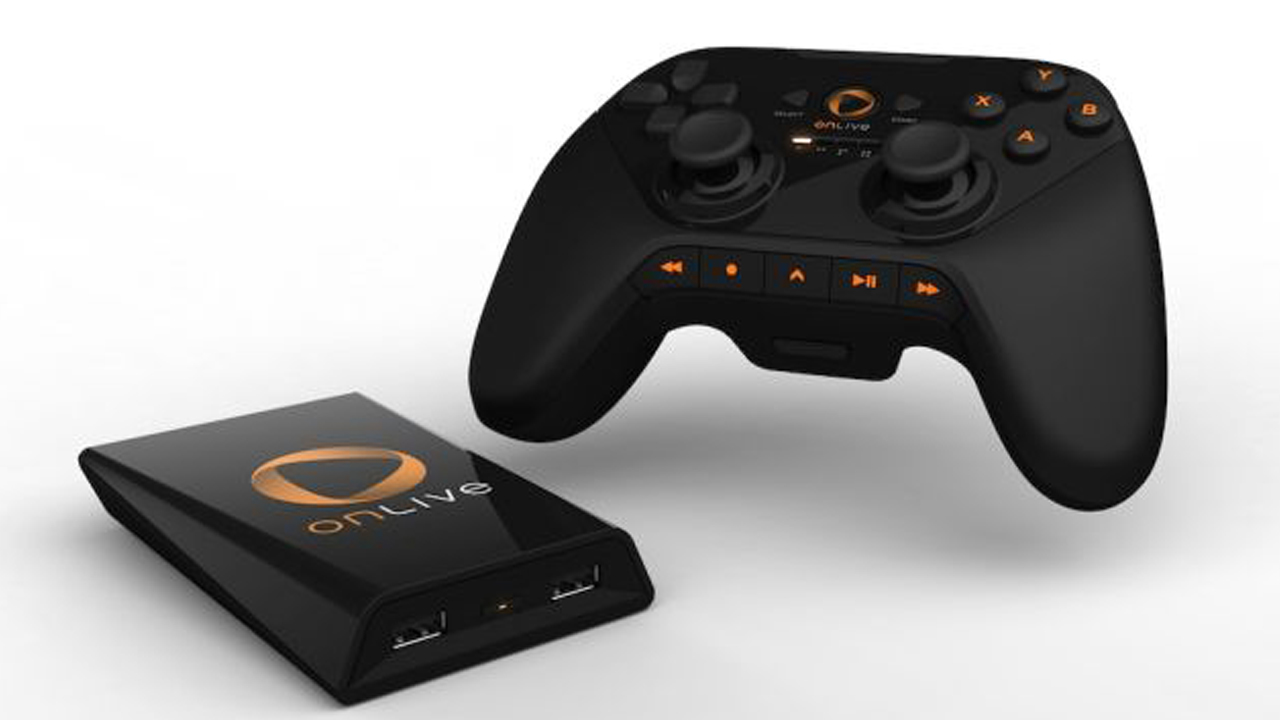
And speaking of PlayStation Now, Sony hasn’t released figures for the number of subscribers, but it’s safe to say the service has yet to set the gaming world alight. That said, PlayStation Now has been steadily improving over time, and the inclusion of PS4 titles last year in addition to PS3 and PS2 games has certainly made the service more attractive.
But PlayStation Now often faces the exact same problems that OnLive had: namely high lag and low resolution. If you have a solid, high-speed internet connection, then it works pretty well. On the other hand, if your area has slow broadband or a high density of users, it’s going to affect how well the games play. One of the biggest improvements Sony has made to PS Now in recent years is actually the ability to download games fully, meaning you can play them offline but still with a subscription. Clearly, Microsoft, EA and the other companies rumoured to have streaming services in development think that the technical problems can be overcome as broadband infrastructure improves over the coming years, but they could certainly start out with both download and streaming models. Xbox Game Pass already offers the former.
The Netflix of games
People have long talked about ‘the Netflix of games’ as some sort of Holy Grail. Netflix and other video-streaming services have completely turned the television industry on its head, offering lavishly produced original programmes and thousands of movies and TV shows to stream whenever you choose. Imagine the same thing for games - being able to play any title you want instantly, no downloads required, and all for a nominal monthly fee.
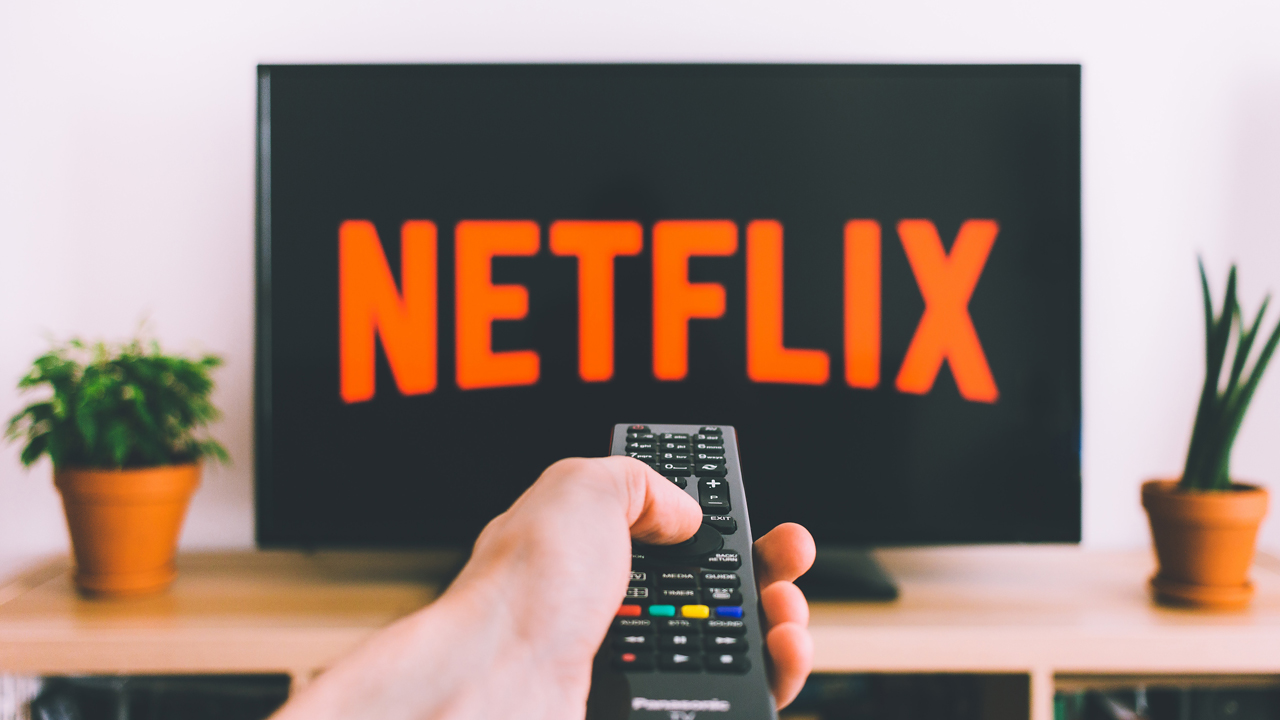
But the problem is that game streaming and video streaming are fundamentally different. Video streaming is a one-way system from the company’s servers to your TV, but game streaming is a two-way street. Every time you press a button on your controller, the signal has to travel perhaps hundreds, even thousands of miles to the server where the game is being run. Then the signal from the server has to head back the other way to your TV to represent the result of your button press. Any significant lag in this process will result in your actions failing to match what’s happening on screen.
Where’s my server?
There are two major variables involved here: the distance of your home from the server and the state of the broadband infrastructure. On the server front, Microsoft already has huge head start thanks to its Azure cloud computing system for business, which has servers in 54 regions and 140 countries worldwide. This is a big advantage: EA and other companies hoping to jump on the game-streaming bandwagon are unlikely to have access to the same level of server infrastructure, and will probably have to rent server capacity off other companies in lieu of building their own. The exception is Google with its vast cloud network - recently the company announced the launch of Project Stream, which currently allows limited numbers of people in the US to play Assassin’s Creed Odyssey through their Chrome browser.
Sign up to the GamesRadar+ Newsletter
Weekly digests, tales from the communities you love, and more
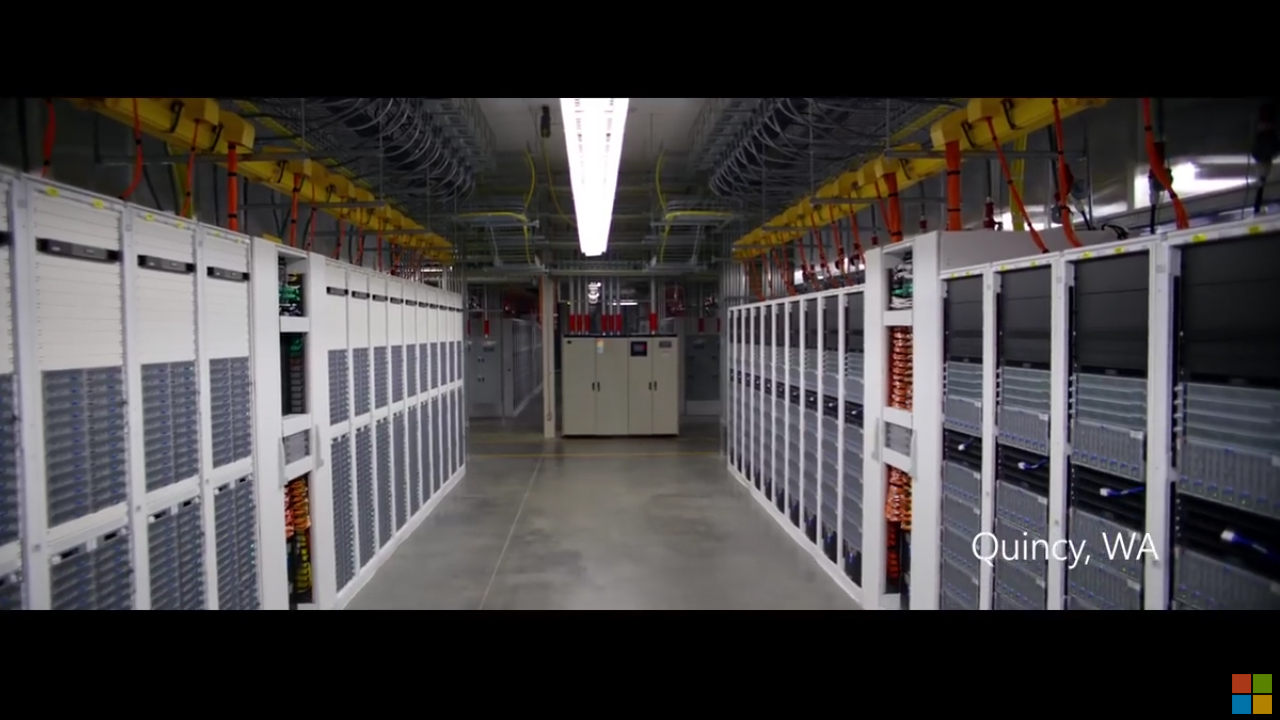
Google’s enormous server infrastructure means that you will almost always be near to one of their cloud-computing centres unless you live in a very remote location, so essentially this all but eliminates lag due to server distance. Then again, I’m very sceptical about whether Google will emerge as a major player in video-game streaming - the company doesn’t have any significant history in video games, and it’s ruled by a ‘fail fast’ ethos. In other words, experiment and move quickly, but get out just as quickly if you’re not successful. Just look at Google Glass, which was canned before it even properly launched. I fully expect that after Google has played around with video-game streaming for a few years, it will quietly exit the business once it realises it isn’t particularly profitable. But only time will tell.
A mess of cables
So much for servers, but what about the broadband infrastructure? This is one area where games companies have absolutely zero control, relying instead on telecommunications firms to maintain a decent, fast broadband network. A recent survey found the average broadband speed in the UK was 18.57 megabits per second (Mbps), ranking it 35th in the world. The US fares a little better with average speeds of 25.86 Mbps, while Japan has average speeds of 28.63 Mbps. The latter number is one reason why the streaming versions of Resident Evil 7 and Assassin’s Creed Odyssey on Switch are currently confined to Japan - the broadband networks just aren’t quite up to the job in many other parts of the world (unless you live in somewhere like Singapore or Sweden, which have whopping average speeds of 60.39 and 46 Mbps, respectively).
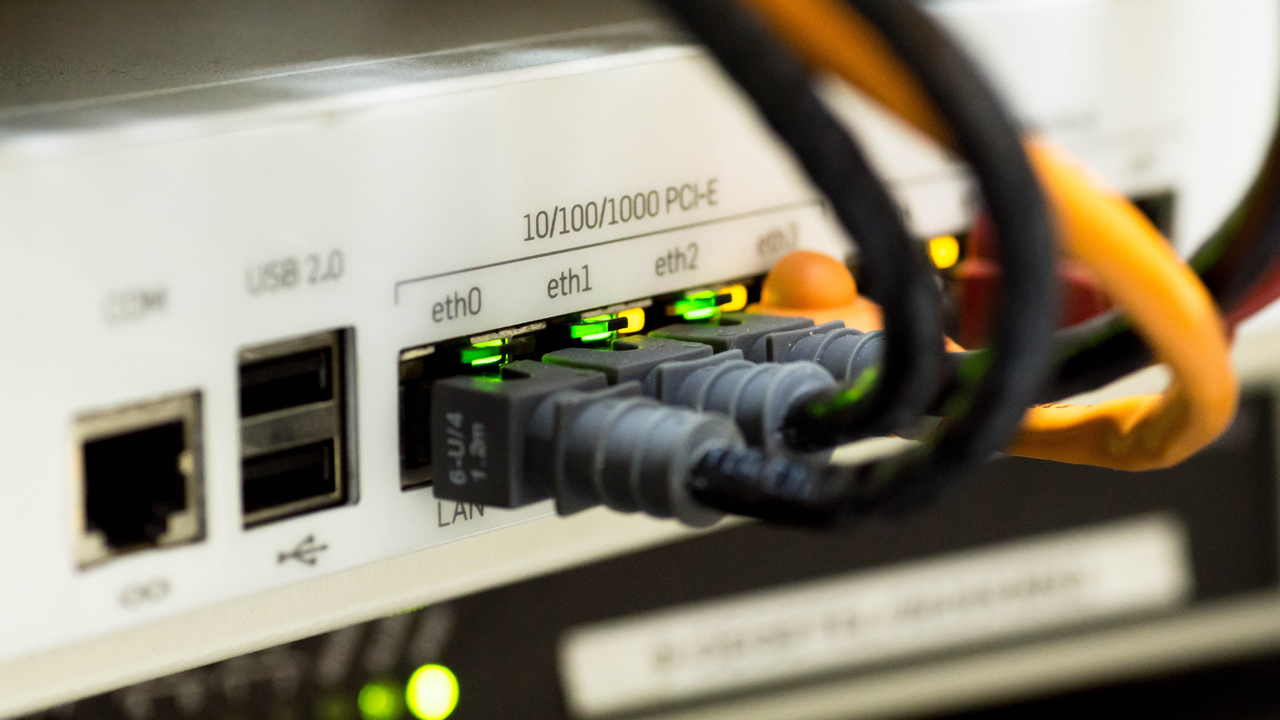
It’s worth noting here that Google’s Project Stream trial is limited to US users with internet speeds of 25 Mbps or above, which gives an indication of the kind of broadband speed needed to do game streaming efficiently. But Microsoft reckons it’s xCloud demo will work at speeds of 10 Mbps. Either way, when it comes to game streaming, the faster the internet connection, the better. And the good news is that broadband networks are improving rapidly.
In the UK, average broadband speeds have increased by 12.5% in the last year alone, and it should also be pointed out that this average is pushed down by some customers opting for a copper-wire connection over a more expensive fibre connection, probably because a copper connection serves their purposes just fine and they have no current need for high-speed internet. And very soon, broadband connection speeds in the UK are set to skyrocket - the government has set targets for nationwide coverage of ultra-fast broadband within the next 15 years. Currently, only 4% of households have fibre-to-the-premises (FTTP), which means that the fibre optic cable runs right to your house rather than just to a junction box at the end of your street, with a slower, copper cable taking the signal for the final stretch into your house. With an FTTP connection, you could potentially see broadband speeds of 1 gigabit per second.
Over the next decade we’ll see game streaming becoming much more reliable and feasible as broadband connections improve, so it’s no wonder so many games companies are excited about the possibilities. But how will streaming change video games themselves?
The potential impact on the games industry
Brendan Sinclair has discussed the possible impact of a Netflix for games in an article for GamesIndustry.biz. He warns that developers and publishers will have little control of the distribution of their games on a streaming service, with whatever algorithm is in control pushing some games onto the front page over others. And they will also have little knowledge for price negotiation, as the streaming platform will have data that they are not privy to.
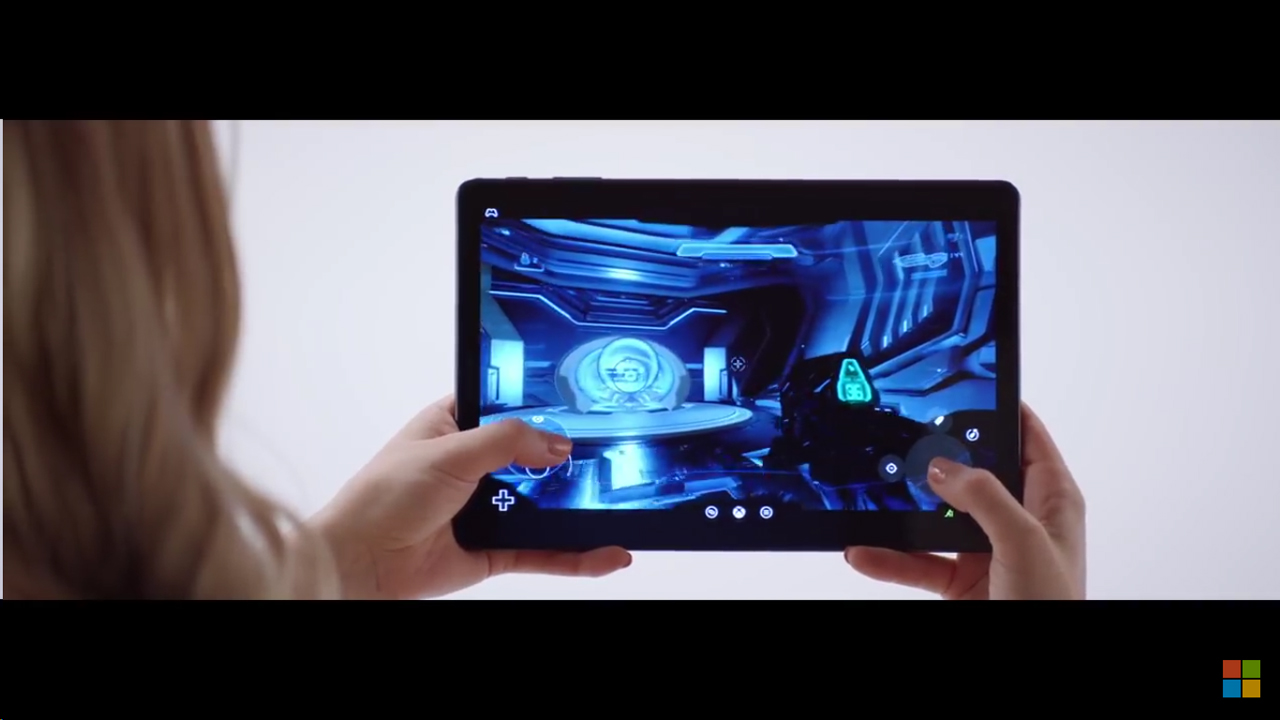
Then there’s the problem of how to pay developers and publishers when a user streams their game. Do you pay a royalty per minute or hour played? If so, that would have a huge negative effect on shorter, indie games. Or do you pay for the number of streams rather than the length of time played? In that case, there will be a massive impact on niche games like mid-tier Japanese RPGs, which have a dedicated yet small audience who play for long hours.
It’s worth pointing out here that the amount music artists get paid when someone streams their track on Spotify is absolutely miniscule: around $0.0038 per track. Yet even when paying out such tiny sums, Spotify still can’t turn a profit. In fact, it reported a net loss of $1.5 billion in 2017. And that’s with around 83 million subscribers paying about $10 per month. It makes you wonder how a company like Microsoft will be able to pay developers and publishers decent royalties for a streaming service while still making it affordable for subscribers - and let’s not forget, games are getting more expensive to make all the time.

There are also big questions over some standard industry practices: for example, how would DLC work on a streaming service? If you’re paying a blanket monthly subscription fee, then there’s no place for DLC that costs extra to download. Would it have to be given away for ‘free’ as part of the streaming service? Will DLC be restricted to digital downloads? Or will there be tiered subscription levels, with a premium subscription giving access to all content? Perhaps DLC itself will become an outdated concept.
And it goes without saying that streaming will sound yet another death knell for the games retail industry, which is already floundering as digital downloads rise and physical games sales fall. Game streaming could be the thing that finally kills off physical retailers like GameStop for good.
What happens next?
The big winners of the streaming future are likely to be developers directly owned or funded by the game-streaming platform. Netflix has lavished money on original content - $6 billion in 2017 - all in the name of differentiating Netflix from rivals and attracting new customers with unique shows. No doubt we’ll see the same happening with game streaming: Microsoft has been on a buying spree recently, purchasing four new studios and establishing a fifth earlier this year, while rumours are flying around that Obsidian will be next on Microsoft’s shopping list. It’s a good bet that at least some of those developers will be working on content that’s exclusive to Microsoft’s upcoming streaming platform. Want to play Hellblade 2 from Ninja Theory? I reckon there’s a good chance that if the studio is working on it, paying to subscribe to Microsoft’s streaming platform might be the only way to play it.
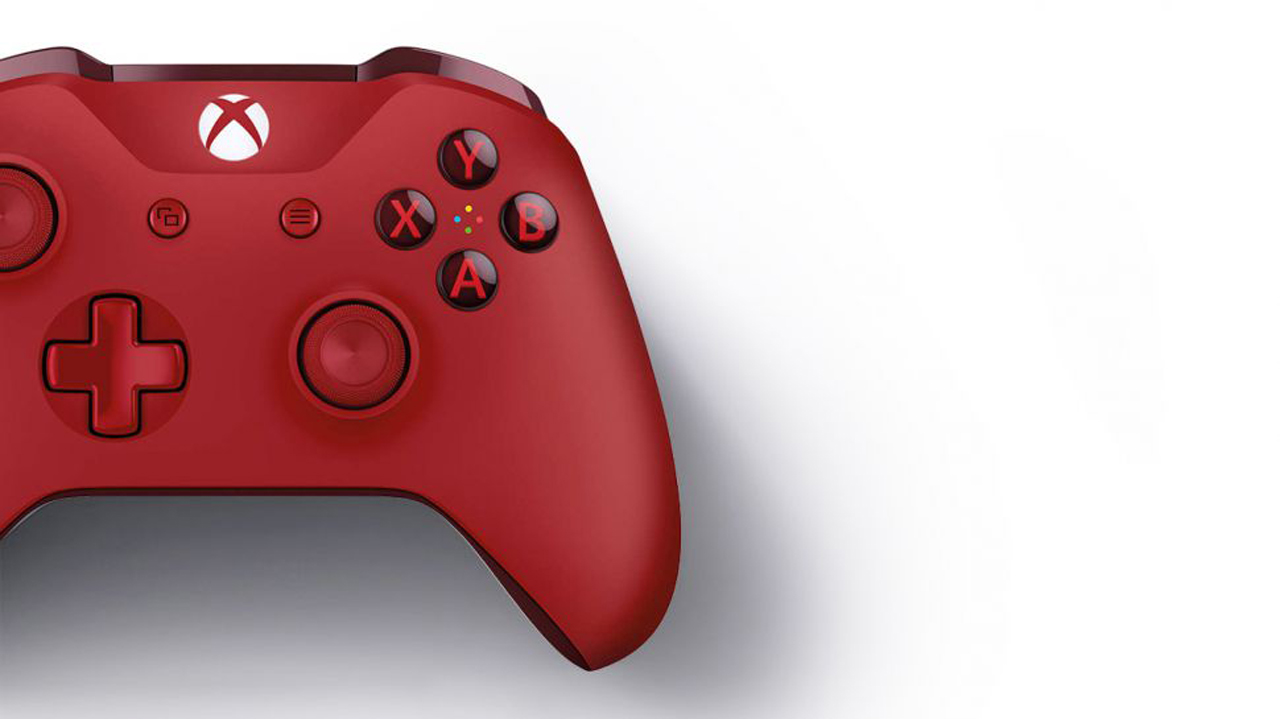
But for now this is all just speculation. We know from xCloud that Microsoft is serious about streaming, although we don’t yet know how they plan to deploy it. However, there have been some heavy hints that the next Xbox - apparently codenamed Project Scarlett - will in fact be two, or even three, separate consoles. As well as a regular console - and possibly a super-duper 4K next-generation Xbox One X equivalent - we may get a much cheaper version that can only stream games. Judging by the launch price of OnLive, such a console could easily cost less than $100 with a controller, as all it would need to do is essentially sling a signal onto your TV screen.
Such a low price point would be a very big deal. It could massively open up the gaming market to people who can’t afford a new console, or perhaps who already have a rival console and don’t mind spending a few bucks to sample what Microsoft has to offer. The next console generation could be very interesting indeed.
Convenience versus fidelity
Compared with streaming, downloading a game or playing it from disc is undoubtedly the superior way to play. You can get much higher resolution, there’s no lag, there’s no worries about the internet suddenly dropping out, and you don’t have to fret that a game you’re halfway through will suddenly be removed from the streaming service without warning. How many times have you gone to your Netflix wishlist only to discover the film you wanted to watch has been taken down? For people who really care about getting the most out of their 4K TV, this will probably be the only way they want to play games.
But - and it’s a big but - the sheer convenience of being able to play any game you want, from a library of hundreds that’s constantly being updated, is a massive draw. Netflix has already shown that, for most people, convenience trumps fidelity. Sure, you could go out and buy that film you like on Blu-ray and watch it with a pin-perfect picture - but that’s a massive hassle, not to mention an extra expense, when you could just press play on Netflix and watch it right now as part of your subscription.
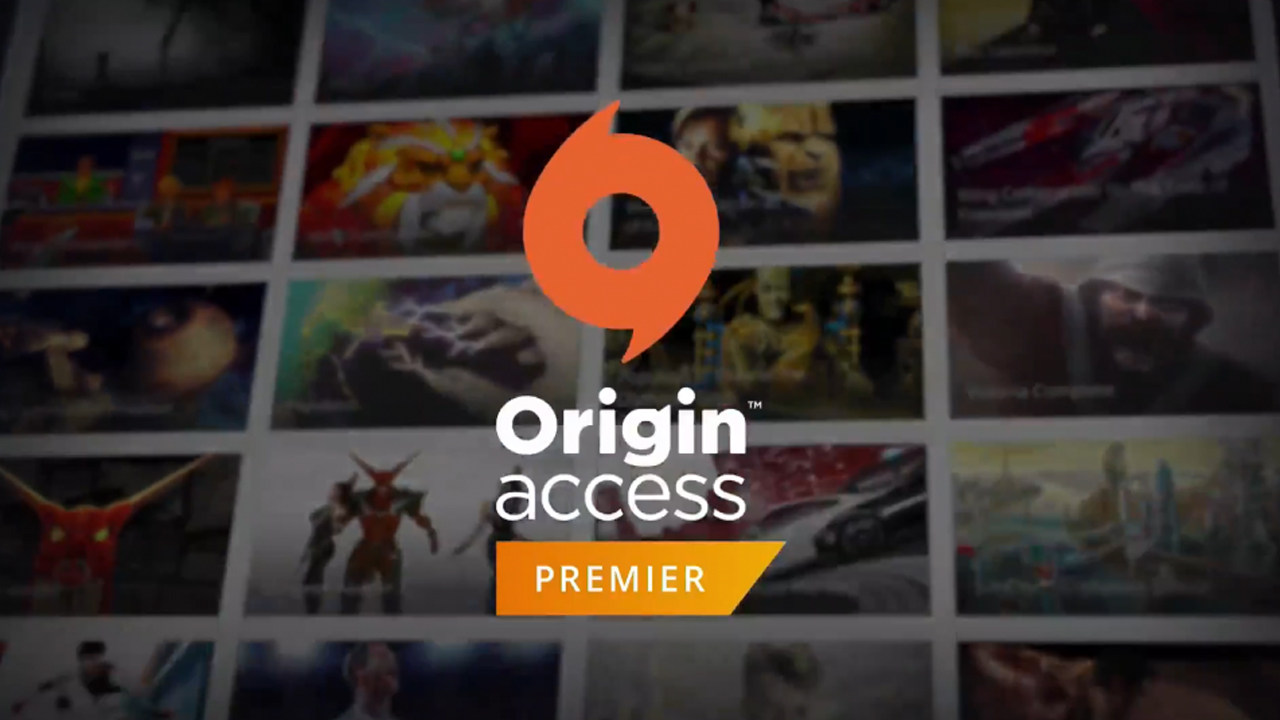
I can see game streaming slowly taking off as the broadband infrastructure gets better and better, even if some people still choose to buy certain games just to play them in perfect conditions. However, you’re likely to need more than one subscription to access all the games. In the same way that you’d have to subscribe to multiple video-streaming sites like Netflix, Hulu and Crunchyroll to get all the exclusive content, you will probably have to sign up for separate subscriptions to Microsoft xCloud, EA Origin Access Premier and whoever else starts a streaming channel to get all the games you want. Yves Guillemot at Ubisoft has been bullish about the future of streaming, so I reckon there’s a good chance that his company might also launch a streaming channel of its own - and who knows which other publishers will join them?
Yet even with three monthly subscriptions at, say, $15, you’d still be paying less than the cost of a new game each month - and you’d have access to hundreds. That simple fact, coupled with the convenience of streaming, is likely to ensure its success. I’m sceptical that xCloud will take off as a way to play Xbox games on tablets and phones - after all, who wants to play Forza Horizon on a tiny touchscreen? Sure, some people might tether an Xbox pad to their tablet, but I suspect they will be in the minority. A dedicated Xbox streaming console though? For under $100? I could see that being a game changer.
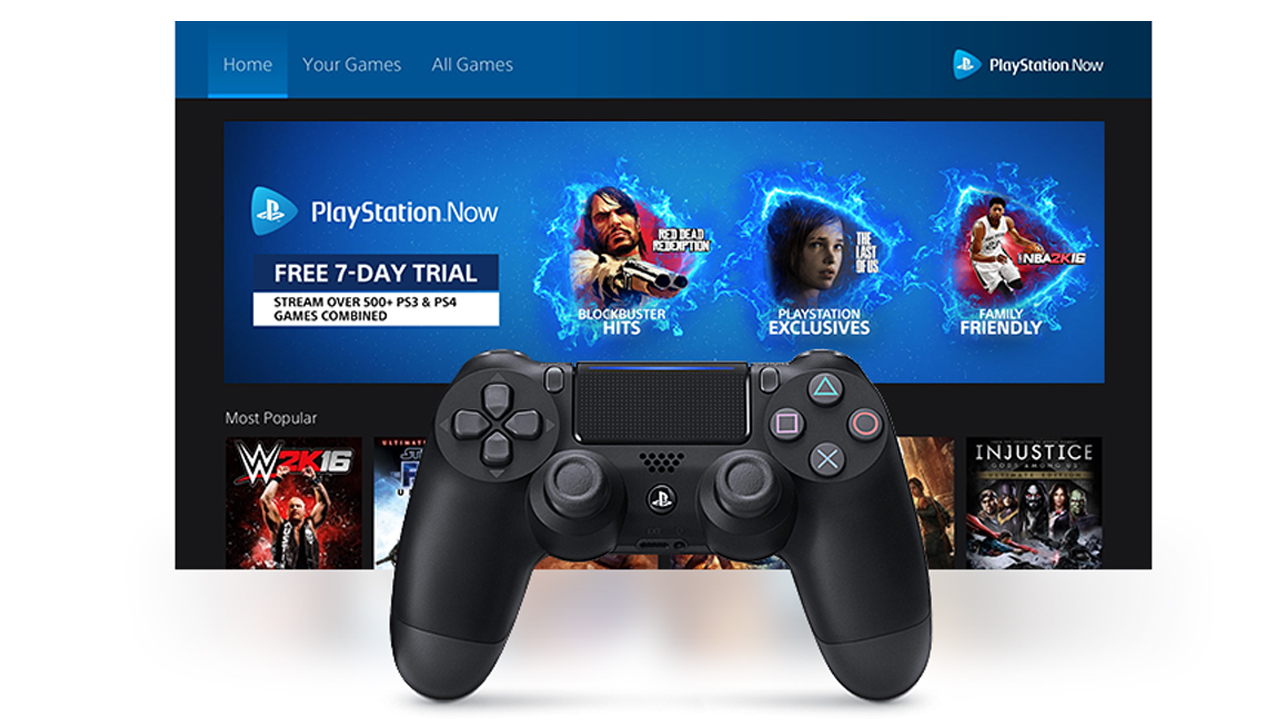
In the end, it all comes back to broadband. When Microsoft announced the Xbox One, there was fury over the news that it would require a constant internet connection - memorably, US marines on deployment were outraged at the news, and Microsoft quickly backpedalled. Like those marines, many people still have poor or no internet access, so streaming is not for them. But by offering streaming as a cheap alternative, not a requirement, Microsoft is potentially in a win-win situation. And Sony is already halfway there with its continually improving PlayStation Now service. But the fact that last month Sony introduced the option to download games from PlayStation Now is a reminder that internet connections and streaming can be unreliable. And if the internet goes down, your shiny new Microsoft streaming console will become little more than a plastic brick underneath your telly.
Lewis Packwood loves video games. He loves video games so much he has dedicated a lot of his life to writing about them, for publications like GamesRadar+, PC Gamer, Kotaku UK, Retro Gamer, Edge magazine, and others. He does have other interests too though, such as covering technology and film, and he still finds the time to copy-edit science journals and books. And host podcasts… Listen, Lewis is one busy freelance journalist!


